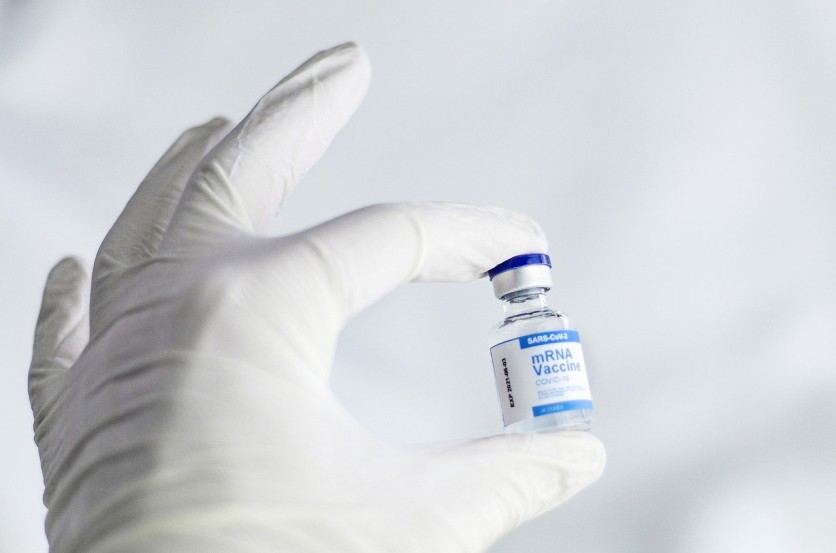A new COVID-19 study has shown that people who had an allergy after a first dose of an mRNA vaccine can safely receive a second dose.
COVID-19 mRNA vaccines available are those from Moderna and Pfizer/BioNTech.
The study, whose co-authors include Dr. Matthew Krantz, Dr. Jason Kwah, and Dr. Cosby Stone, has been published in JAMA Internal Medicine.
COVID-19 Study: mRNA Vaccine Can Cause Allergic Reaction
Any COVID-19 study have been helpful in learning not just how the virus itself works, but how the human body can be best protected. The new COVID-19 study published in JAMA Internal Medicine discusses the allergic reaction that some people have experienced upon receiving a first shot of an mRNA vaccine.
According to Reuters, 2.5 of every 10,000 recipients (2%) have suffered anaphylaxis, which is the most serious kind of allergic reaction.
Other forms of allergy experienced by recipients of the first dose include wheezing or shortness of breath, flushing or erythema, throat tightness, tingling, hives, and dizziness or lightheadedness.
COVID-19 Study Shows People With Allergic Reaction Can Receive 2nd Dose

For their COVID-19 study, researchers examined the data of 189 adults who experienced any form of allergy after receiving their first shot of a COVID-19 mRNA vaccine. 163 of the 189 participants are women and the mean age of the patients who participated is 43 years.
130 of the 189 participants received a first short of the Moderna vaccine, while the remaining 59 people received a first shot of the Pfizer/BioNTech vaccine.
Out of the 189 adults studied by the researchers, 159 went on to receive their second dose of the COVID-19 vaccine. That accounts for 84% of the total participants of the COVID-19 study. 19 of these patients previously suffered anaphylaxis after their first dose. 47 patients from the 159 who received their second dose were given antihistamine premedication.
According to the researchers of the study, all 159 people who received a second dose "tolerated the second dose." It includes the patients who experienced anaphylaxis after their first dose of an mRNA vaccine.
32 of these individuals studied for the COVID-19 study reported "immediate and potentially allergic symptoms" after their second dose. The COVID-19 study researchers have said that these were "self-limited, mild, and/or resolved with antihistamines alone."
Related Article: Pfizer vs Moderna: Comparing Two COVID-19 Vaccines from Side Effects to Storage Requirements
What are mRNA Vaccines?

The Centers for Disease Control and Prevention (CDC) has defined mRNA vaccines as the type of vaccines that "teach our cells how to make a protein —or even just a piece of a protein — that triggers an immune response inside our bodies."
The immune response then produces antibodies that help protect the human body from viruses.
As far as COVID-19 mRNA vaccines, such as those from Moderna and Pfizer/BioNTech, are concerned, these vaccines instruct the cells in the body to make a harmless protein piece called "spike protein."
After this protein is made, the cells break down the mRNA injected in the system when the person receives a dose of the vaccine.
The "spike protein" is then displayed by the cell on the surface. Since the body's immune system can recognize that the protein "doesn't belong there," it begins to build an immune response and generates antibodies.
Also Read: Moderna Begins Next Step for Vaccine, Clinical Trials for mRNA Flu Shot Ongoing
This article is owned by Tech Times
Written by Isabella James
ⓒ 2025 TECHTIMES.com All rights reserved. Do not reproduce without permission.




